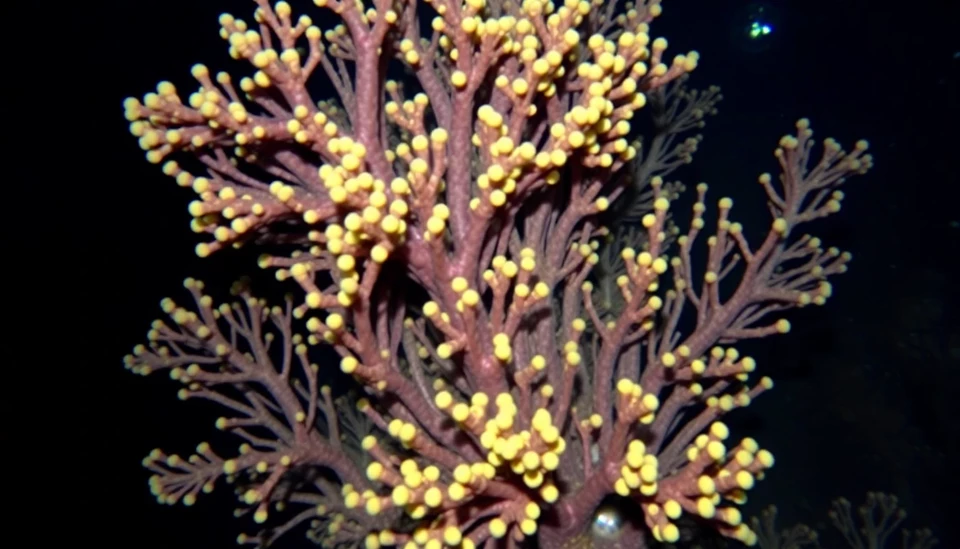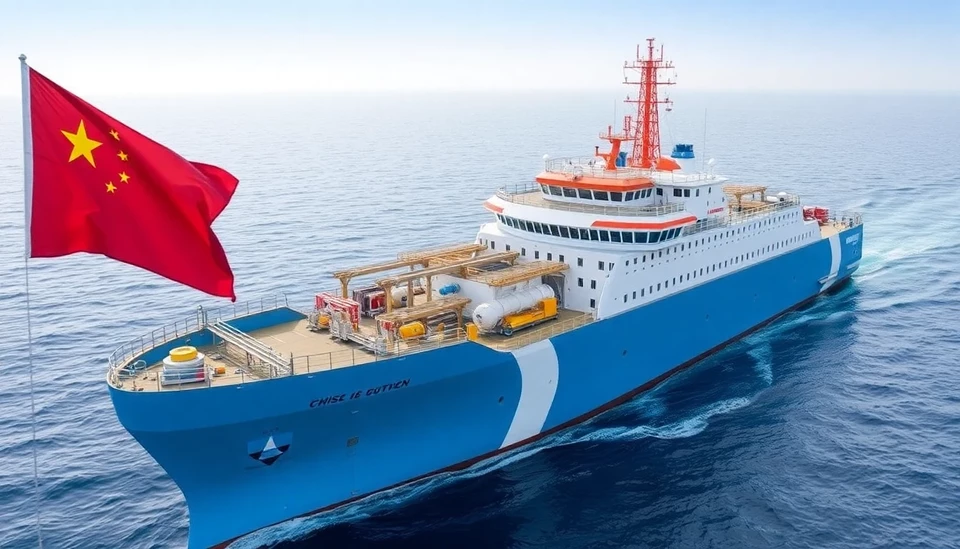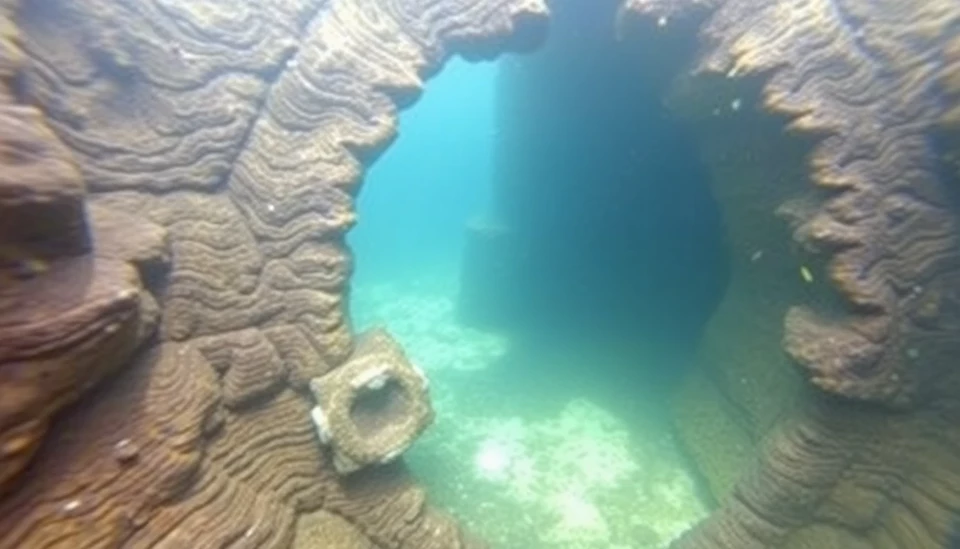
In a groundbreaking development for marine biology, researchers are utilizing artificial intelligence (AI) to advance their understanding of the deep sea, an ecosystem that remains one of the least explored and understood areas on Earth. This innovative approach is not only enhancing the cataloging process of deep-sea species but also emphasizing the critical need for conservation efforts driven by accurate data.
The deep sea, which covers about 60% of the Earth's surface, is home to countless species, many of which have yet to be discovered. Traditionally, the exploration of these depths has been a labor-intensive process, dominated by human observation and traditional data collection methods. However, with AI's introduction into marine research, processes that were once time-consuming and tedious are now becoming more efficient and precise.
A recent initiative highlights how AI algorithms can analyze massive datasets collected from deep-sea explorations. These algorithms are capable of classifying various marine organisms from images captured by underwater cameras, thus speeding up the identification process. This new technology helps researchers to create a more comprehensive catalog of deep-sea species, some of which have unique ecological roles and importance.
Moreover, the integration of AI also offers a solution to the alarming rate of biodiversity loss in marine environments. As the threats to oceanic ecosystems escalate due to human activities such as pollution, overfishing, and climate change, timely and accurate data becomes essential for implementing effective conservation strategies. By providing better insight into the distribution and health of marine species, AI empowers researchers and policymakers alike to protect these vital ecosystems more effectively.
This advancement is particularly significant given the increasing pressures on ocean habitats. Studies have indicated that many deep-sea creatures are endangered, and understanding their habitats is crucial for conservation measures. AI not only streamlines data collection and analysis but also allows scientists to focus on gathering insights that can lead to actionable solutions for preserving marine biodiversity.
In addition to cataloging species, AI also aids in predicting trends and potential disruptions in deep-sea ecosystems. With machine learning capabilities, AI can analyze historical data and identify patterns related to environmental changes, allowing researchers to make informed projections about future conditions. This predictive capability is invaluable for developing long-term conservation plans that are responsive to the dynamic nature of ocean environments.
As the technology continues to evolve, it holds promise for revolutionizing marine research methodologies. The convergence of AI with oceanography not only accelerates our understanding of deep-sea environments but also enhances our capacity to protect them from further decline. Through collaborative efforts between technologists and marine biologists, the future of deep-sea exploration looks more promising than ever.
The implementation of AI in deep-sea research exemplifies a crucial intersection of technology and environmental stewardship. It represents a pivotal moment in the quest to safeguard our oceans and secure a sustainable future for the myriad species that call these depths home.
As we look ahead, it’s evident that the marriage of AI and marine science will continue to play a key role in uncovering the mysteries of the deep and ensuring the conservation of our precious ocean resources.
#DeepSea #ArtificialIntelligence #MarineConservation #OceanExploration #Biodiversity #TechForGood #AIinResearch #MarineBiology #EnvironmentalScience
Author: Megan Clarke



